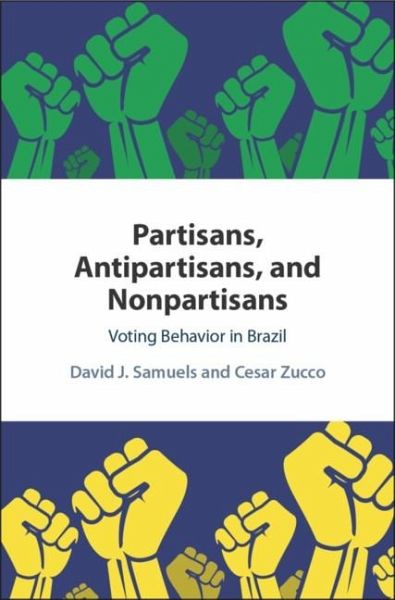
Partisans, Antipartisans, and Nonpartisans (eBook, ePUB)
Voting Behavior in Brazil

PAYBACK Punkte
8 °P sammeln!
Conventional wisdom suggests that partisanship has little impact on voter behavior in Brazil; what matters most is pork-barreling, incumbent performance, and candidates' charisma. This book shows that soon after redemocratization in the 1980s, over half of Brazilian voters expressed either a strong affinity or antipathy for or against a particular political party. In particular, that the contours of positive and negative partisanship in Brazil have mainly been shaped by how people feel about one party - the Workers' Party (PT). Voter behavior in Brazil has largely been structured around sentim...
Conventional wisdom suggests that partisanship has little impact on voter behavior in Brazil; what matters most is pork-barreling, incumbent performance, and candidates' charisma. This book shows that soon after redemocratization in the 1980s, over half of Brazilian voters expressed either a strong affinity or antipathy for or against a particular political party. In particular, that the contours of positive and negative partisanship in Brazil have mainly been shaped by how people feel about one party - the Workers' Party (PT). Voter behavior in Brazil has largely been structured around sentiment for or against this one party, and not any of Brazil's many others. The authors show how the PT managed to successfully cultivate widespread partisanship in a difficult environment, and also explain the emergence of anti-PT attitudes. They then reveal how positive and negative partisanship shape voters' attitudes about politics and policy, and how they shape their choices in the ballot booth.
Dieser Download kann aus rechtlichen Gründen nur mit Rechnungsadresse in A, B, BG, CY, CZ, D, DK, EW, E, FIN, F, GR, HR, H, IRL, I, LT, L, LR, M, NL, PL, P, R, S, SLO, SK ausgeliefert werden.



